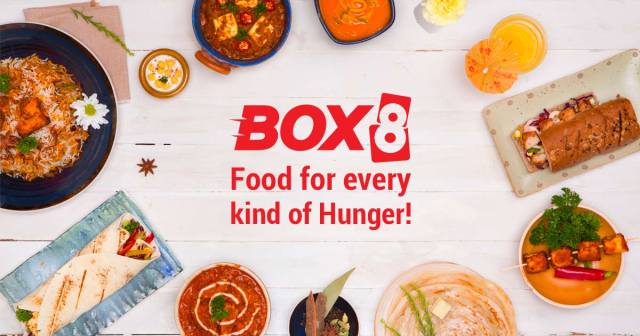Here in the US, a version of a plant-based egg from Eat Just, Inc. has been on the market since 2013, starting with an earlier version from when the company was Hampton Creek. The company’s current product, which uses its flagship mung bean formulation, began selling in the US market in 2019.
But if you wanted to try JUST Egg in Europe, you were out of luck.
That’s about to change. That’s because the company just got approval for its mung bean protein from the European Commission. The approval, which follows an earlier greenlight last fall by the European Food Safety Authority, paves the way for the introduction of JUST Egg to the European market by the fourth quarter of 2022.
That’s not the only good news if you are looking for an egg alternative in Europe. Berlin-based Perfeggt has been working on an egg alternative that derives its protein punch from fava beans, and is starting to ship in Germany.
And then there’s Le Papondu (formerly known as Les Merveilloeuf). The French startup, which has been working on an alt-egg, started to work with restauranteurs in France to distribute its egg. The company originally planned on its egg arriving in a plant-based eggshell, but it looks like the egg is showing up, for now at least, sans shell.
Before both of these companies, there was Oggs. The UK startup, which uses aquafaba (the liquid left over from cooking chickpeas) as the secret sauce for its plant-based egg, started shipping in the UK market starting in 2020.
While Europe looks like it will see many new plant-based egg products on the market by the end of this year, newer products derived from techniques using precision fermentation or cellular agriculture might take a while longer. Europe’s strict GMO regulations apply to genetically modified microorganisms utilized in precision fermentation techniques used by the likes of The Every Company. Fiction Foods plans to introduce a cell-cultured egg in the third quarter of this year, but cultivated eggs are likely years from being approved for consumption in the European market.














 Box8 raises $15 million in India’s red hot cloud kitchen market
Box8 raises $15 million in India’s red hot cloud kitchen market